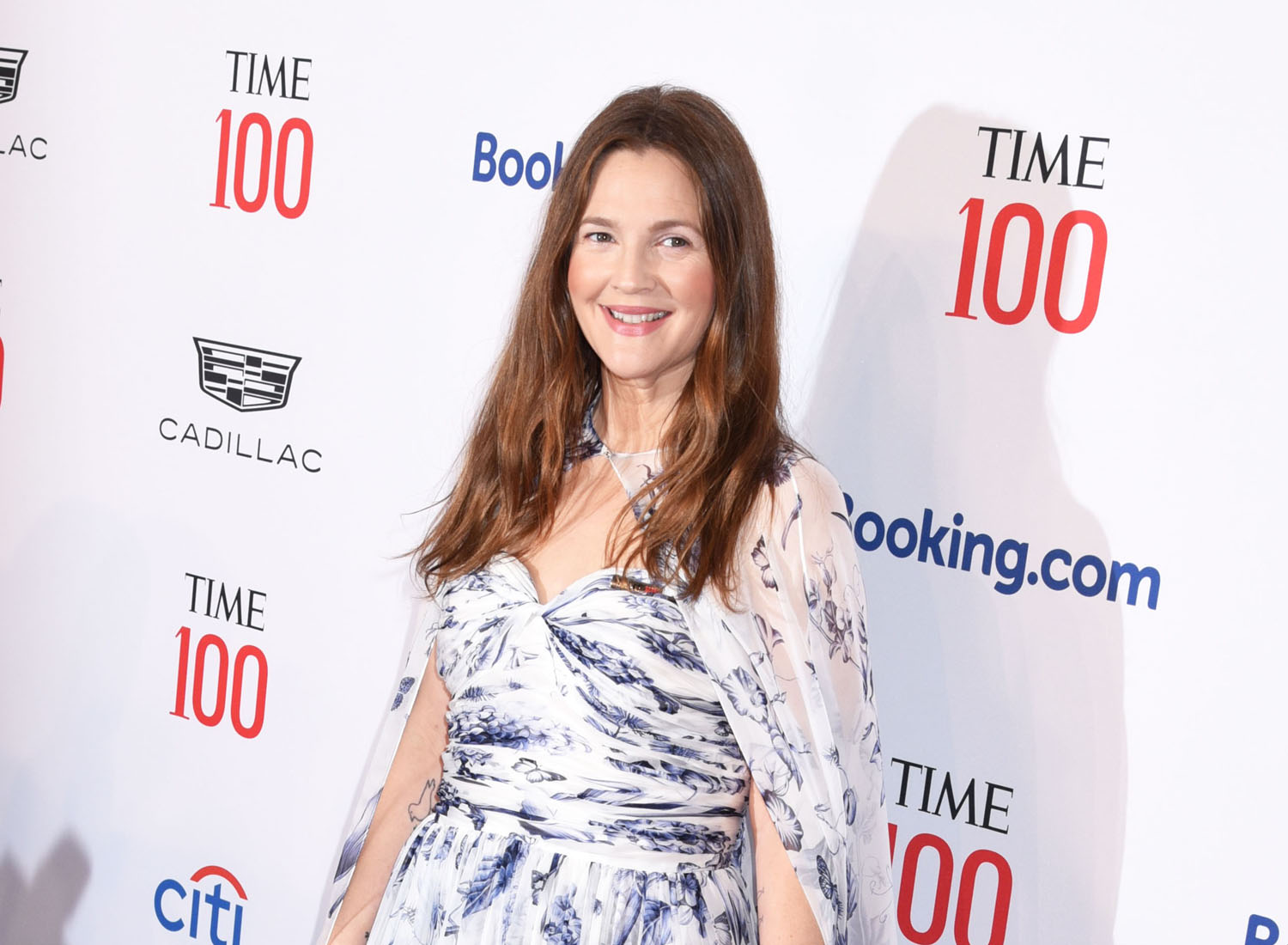Maren Morris is making moves



Maren Morris released two new songs on Friday. She also made the announcement that she is leaving the country music scene for good. In an interview with the Los Angeles Times, she revealed that moving forward, she’d be releasing music through Columbia Records instead of Columbia Nashville. This comes 10 years after she left Texas for Tennessee to write country music for giants like Tim McGraw and signing her own deal.
"I’m from Texas, I live in Tennessee, and I do love the community I have there, but these bills almost incentivize us to turn on one another," she said earlier this year in a sit down with Billboard, touching on the anti-drag Adult Entertainment Act (AEA) during Pride month.
In the interview with the Los Angeles Times, she opened up about the difficulties she’s had in being outspoken about her own progressive views, which include more inclusivity for people of colour, members of the LGBTQ+ community and women, like her, in country music.
“I’ve always been an asker of questions and a status quo challenger just by being a woman. So it wasn’t really even a choice,” she said. “The further you get into the country music business, that’s when you start to see the cracks. And once you see it, you can’t un-see it.”
Maren has been one of the biggest disruptors to the country music industry that we’ve ever seen. Her willingness to openly criticize the industry as a whole, skip award shows to stand in solidarity with marginalized groups and boldly challenge key players through very public spats with people like Jason and Brittany Aldean, have made her “unpopular”, which is something she touched on in that interview with Billboard earlier this year in a Pride cover story.
“You’re going to lose fans along the way — that is just part and parcel of being public-facing. But there is a lane that you're widening; I see it year over year at my shows, the crowd feels so diverse and so safe. I know everyone likes money, but is it worth your biography saying that you never picked a side because both sides pay money to buy a T-shirt?” she said.
Anyone who has followed her activism in country throughout the years or saw the Billboard cover, where she was dressed as Willie Nelson and accompanied by four drag queens, may not consider her Friday announcement big news. Because how can someone so progressive thrive in a space as conservative as country music? But when you start to think about the cumulative impact moves like this could have on the industry, it shows that the needle is indeed moving.
Someone like Maren has been able to amass a ton of very commercial success in country, bringing the genre to spaces it typically existed outside of – like award shows and radio stations that don’t typically show a lot of love to country stars. And that’s because her sound isn’t the traditional country sound we’ve heard throughout the decades.
Throughout her career, she’s made it a priority to call attention to the exclusion and marginalization in country music. But because she exists in so many spaces outside of just country, her choosing to leave the industry for good makes it clear to everyone that she feels the industry as a whole is morally and ethically defunct – not just toward people of colour and members of the LGTBQ+ community, but women, too – that she’d rather leave. That’s saying something.
“Being one of the few women that had any success on country radio, everything you do is looked at under a microscope. You’re scrutinized more than your male peers, even when you’re doing well. So I’ve had to clear all of that out of my head this year and just write songs. A lot of the drama within the community, I’ve chosen to step outside out of it,” she said.
What she’s illuminating in her exit is two-fold. The first thing she’s doing is giving us a clear example of what true allyship looks like. When people of colour ask white people to be allies, this is what it looks like. When the LGTBQ+ community asks for allyship, this is what it looks like. But the second thing she’s doing is driving home the point that if a 30-something white, heterosexual woman from Texas no longer feels safe and comfortable making country music, imagine that experience for young, Black country musicians, or LGBTQ+ musicians who are committed to making it in Nashville.
In her sit down with Billboard, she also had some words of advice for musicians in and outside of country, saying:
“I would say to my peers who are artists and to record-label heads, publishers, songwriters: I don't think any of us got into this art form to be an activist, but that’s ultimately thrust upon you to exist in this space and to feel like you can sleep at night," she said.
It’s no secret that Maren is going to be just fine making pop music instead of country. It’s similar to the privilege we see in someone like Miley Cyrus, who has country roots, but has still been able to bounce around from genre to genre at her leisure and still find great success.
Some would argue that part of the reason she’s lost “real” country fans is because her current catalogue is more reflective of top 40 than the stuff you’d hear on CMT anyway. And that begs the question of whether she knew, inherently, to show who she could be outside of country, in case this day ever came. Regardless, the move really forces people to look at what they stand to lose if there aren’t fundamental changes made.
Last weekend the Canadian Country Music Awards took place and several young, burgeoning artists took home awards. Tennille Townes, specifically, made history by winning Female Artist of the Year for the fifth year in a row. So it’s not to say there isn’t an appetite or recognition that comes with being a young, female country artist. But with Maren’s exit, you have to ask what the future looks like if women like Tennille begin to follow in her footsteps. If more artists start to feel like they are facing the polarizing decision of existing, working and making money in spaces that don’t reflect their beliefs and values, the industry stands to lose a lot more artists than just Maren.
More importantly, if women, feeling the same internal conflict as Maren but afraid to make the leap from country to pop, see her succeeding and making more money than ever in her new genre, what is then incentivizing them to stay in country? The same love for the music? (Which we know Maren had, by the way). The crossover between country and pop isn’t too far off, particularly for vocalists with range and abilities, which many of them seem to possess.
I’ve written about the slow progress country music is making in being all the things Maren says it currently isn’t – inclusive, welcoming, and progressive. But will putting this kind of power behind the urgency and demands for change be exactly what’s needed to see the needle move even further? Or are country music's more "traditional" leaders and Maren’s arch nemesis Tucker Carlson just viewing this as a way to take out the “trash” – so that country can remain the conservative, male-dominated space it’s always been?
Attached - Maren at the US Open earlier this month.











